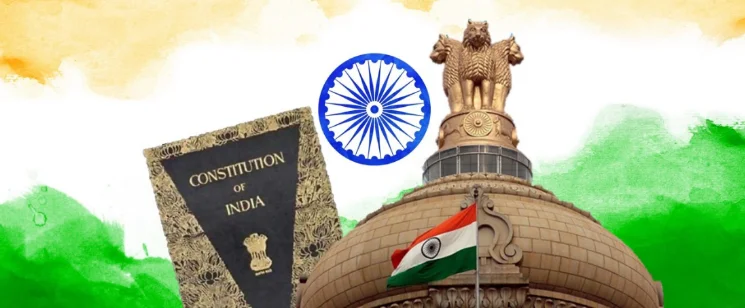Context
-
The Supreme Court recently agreed to examine the question of immunity to Governors from any kind of criminal prosecution, granted under Article 361 of the Constitution of India.
Key Details
- The Bench, in its order, noted that the issue pertains to the “ambit of the protection which is afforded inter alia to the Governor under Article 361(2)”, and asked the woman to make the Union of India a party to the petition.
- Article 361(2) states: “No criminal proceedings whatsoever shall be instituted or continued against the President, or the Governor of a State, in any court during his term of office”.

- The Supreme Court will have to decide whether sexual harassment and molestation form part of “discharging or performing duties by the Governor” to grant him blanket immunity under Article 361.
Back to Basics
About Article 361 of the Constitution of India
- Article 361 of the Constitution that deals with immunity to the President and the Governors states that they “shall not be answerable to any court for the exercise and performance of the powers and duties of his office or for any act done or purporting to be done by him in the exercise and performance of those powers and duties…”
- The provision also has two crucial sub-clauses:
- (1) that no criminal proceedings whatsoever shall be initiated or continued against the President, or the Governor of a State, in any court during the term of his office.
- (2) No process for the arrest or imprisonment of the President, or the Governor of a State, shall be issued from any court during his term of office.
Source: IE
Visit Abhiyan PEDIA (One of the Most Followed / Recommended) for UPSC Revisions: Click Here
IAS Abhiyan is now on Telegram: Click on the Below link to Join our Channels to stay Updated
IAS Abhiyan Official: Click Here to Join
For UPSC Mains Value Edition (Facts, Quotes, Best Practices, Case Studies): Click Here to Join
